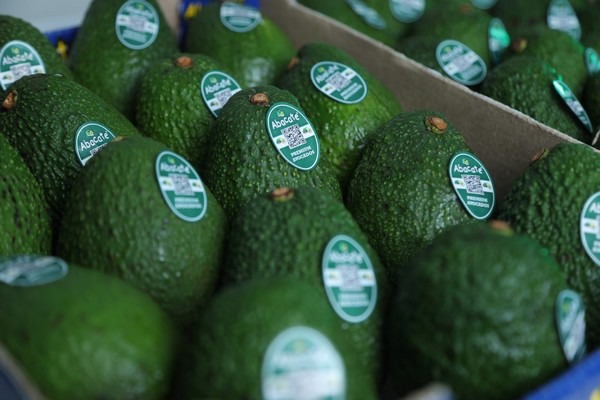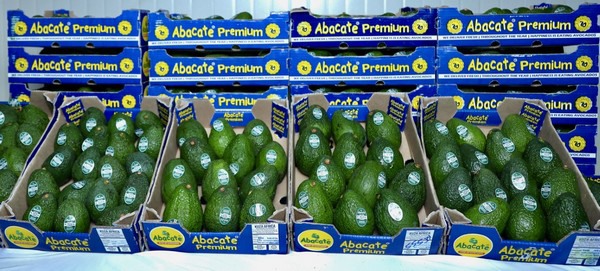The second import season of avocados from Tanzania has started, as more shipments make their way to India: “We’re one of the major importers of avocados in India. We have received the first shipment of Tanzania avocados recently. The first batch has good quality and dry matter content," says Abdul Kadir Memon, director of Abacate International. Getting the avocados from Tanzania was a deliberate decision, he explains. “The primary consideration was transit time. While importing avocados from Peru, Chile or New Zealand the transit time is exponentially more compared to importing from Tanzania. Shipping avocados via sea containers isn’t possible, due to the longer transit time from the mentioned countries. As such, only air shipments are feasible. This leads to an increase in the price, which has the potential to directly influence the price at which this fruit is sold.”
When looking at the most popular variety, Memon states that the consumers don’t know the avocado well enough to notice a difference in the varieties. “Consumers are not as aware about the differences in avocado varieties. However, what we have gained from experience in the market, is that from the two popular varieties ‘Hass’ and ‘Fuerte’ the first is more famous among Indian consumers. It’s perhaps one of the most famous avocado types and considered by many to be the best. The flavor of Tanzania Hass avocado is quite intense and the flesh is very creamy. Prices are cheaper for avocados from Tanzania, because these are allowed on a duty-free basis in India.”

The consumers in India still need to be educated on the uses for the fruit, which in turn will increase demand for the fruit, Memon explains: “For the upcoming months there will be a greater degree of stability in demand for avocados, which could lead to stable prices as well. However, the avocado market has not taken off compared to other fruits. Awareness of health and nutrients is growing and the current generation understands the benefits of avocados. However, we’re far from achieving the levels of ‘an apple a day’. It’s also a challenge to manage the demand and supply, as a greater flux in any of them leads to instability in prices, which crashes quite often. Last year, container loads of Tanzanian avocados arrived weekly, which crashed the prices because of oversupply in the market. Right now, the first shipment of the season has arrived and as of now the market is good and prices are stable.”
“Indian consumers like bigger sizes, the 12/14/16 counts are most preferred. The Indian markets use larger fruits due to bigger family structures. Once the consumers understand that avocados can be used as a single serving fruit and can be utilized by one person at a time, this will lead to a preference for smaller sizes. The awareness that Abacate International is creating will surely create flux in this situation. Indian consumers will start understanding the fruit more and the smaller 18/20/22 sizes will come into play more. Marketing will play a pivotal role in creating this awareness and Abacate International is striving towards that direction.”

And so, Abacate’s mission is to make sure the consumer in India knows what the avocado can do for them, even if it means taking a hit in the profits in the early stages: “The avocado market is growing at a solid pace in India. The country has also started growing avocados to eliminate the need for more imports. We have our focus on this fruit, as our name Abacate means avocado in Portuguese. We want to be known for putting avocados on the Indian thali. As a start, good supply will lead to greater demand for avocados, that will be beneficial for customers and detrimental for importers, but our vision is to put avocados on the plate of every Indian consumer because of their health benefits. And so, we’re ready to bear some early losses to promote the larger cause,” Memon concludes.
For more information:
Abdul Kadir Memon
Abacate International
Email: [email protected]
www.abacate.in
